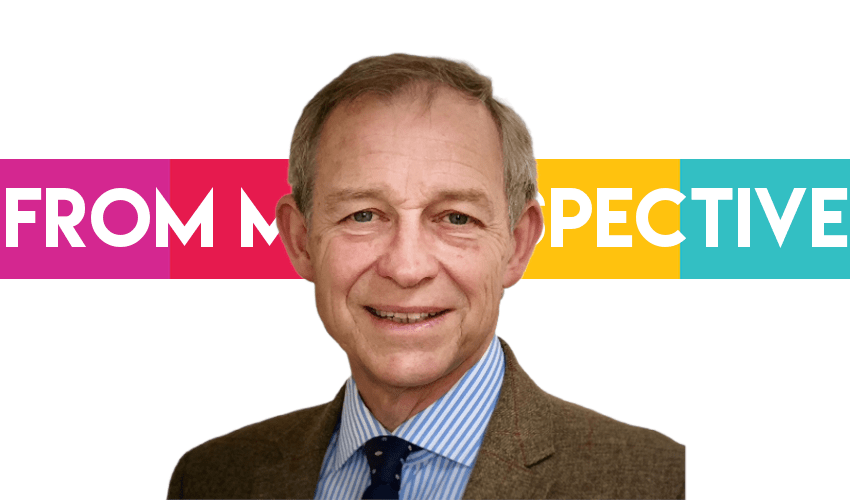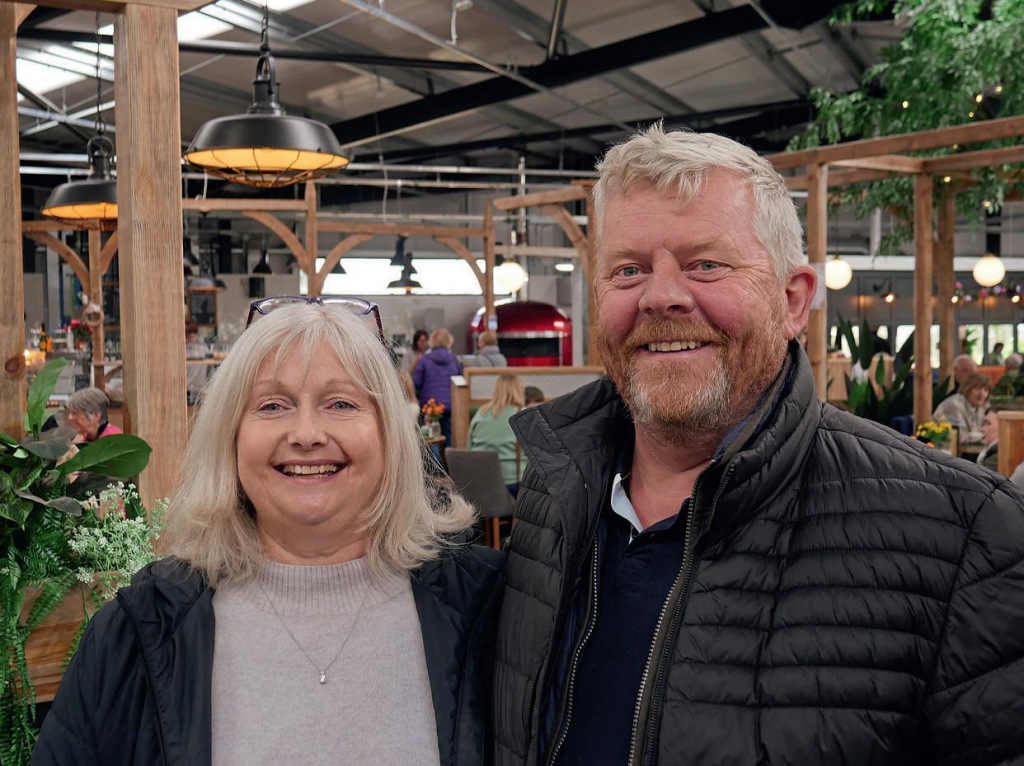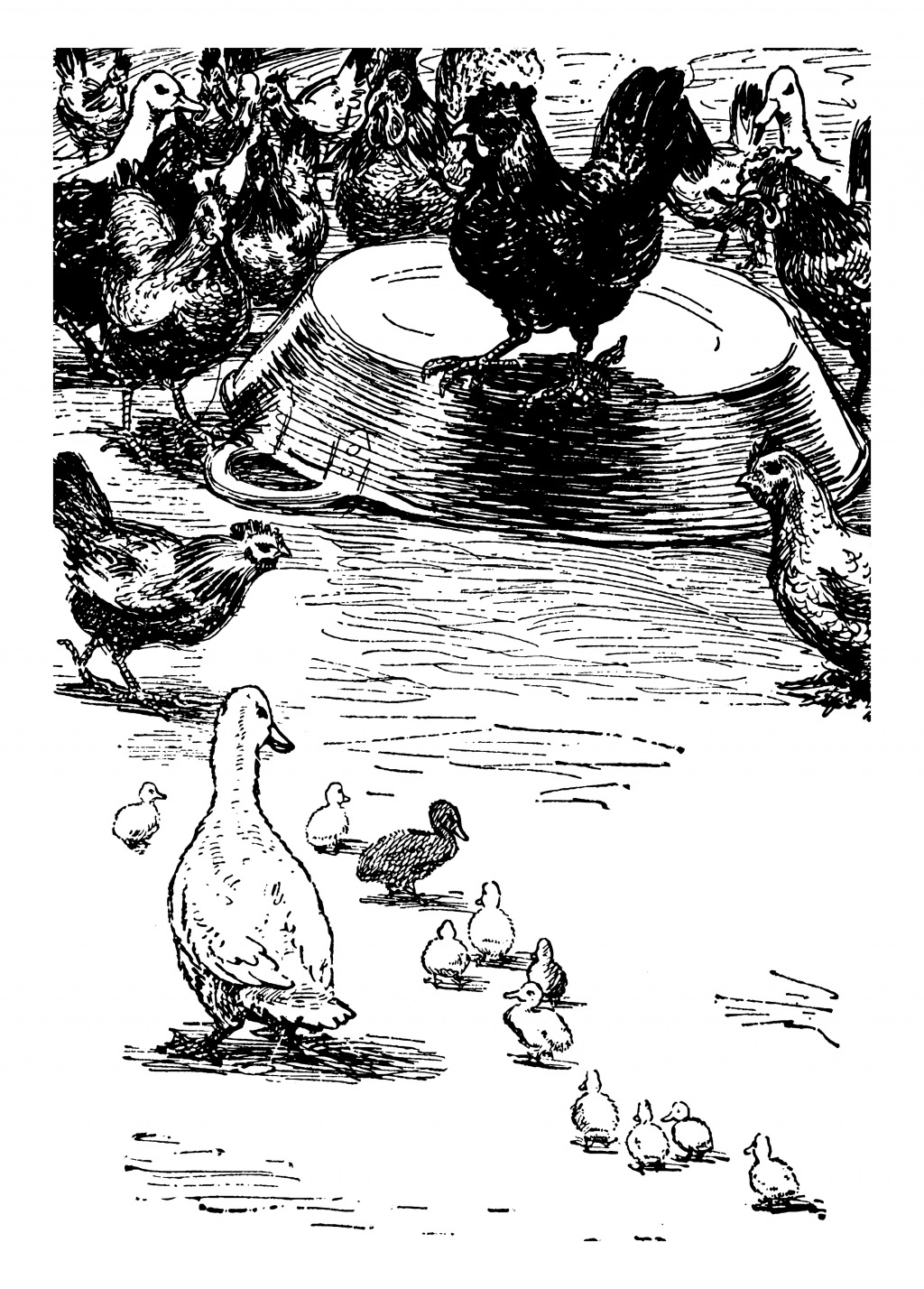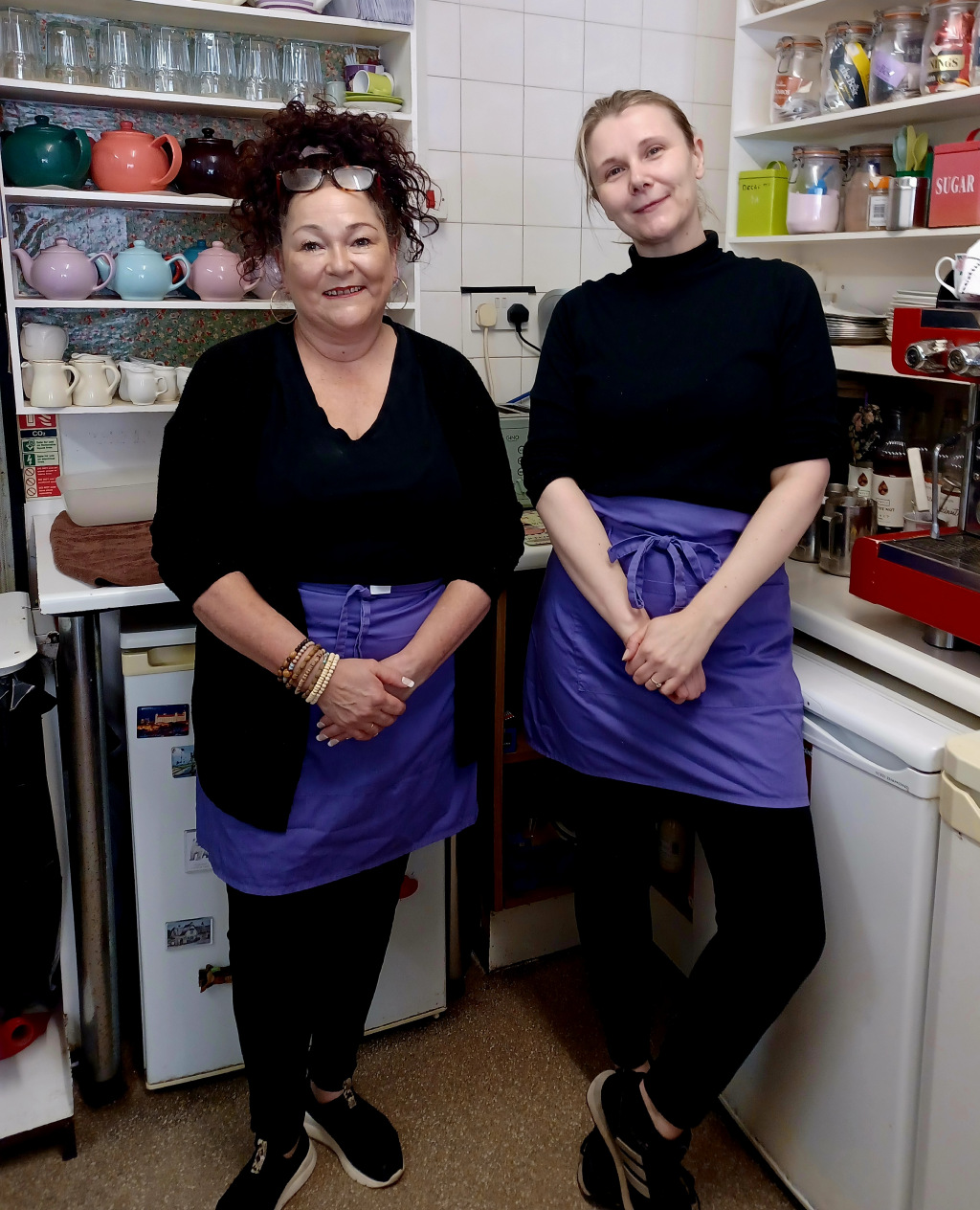Since the Chancellor’s first budget last October, there’s been considerable discussion about public money; more specifically, the amount of money that is needed, predominantly in the form of taxes and borrowing, to raise enough income to fund the Government’s current and future spending plans. The numbers are eye-watering amounts, running into hundreds of billions of pounds! For most of us, it’s not that easy to understand where all that money goes or whether we get the best value. So how about local services? We are asked to contribute financially to provide a wide variety of local services, some statutory and some discretionary, delivered by the county, district and town councils.
Council tax, which is set annually by each council and collected from each household, is often what generates headlines. Promises are sometimes made by politicians to assure us it will not go up! But council tax is not the only source of income to fund local council services. Grants, business rates, borrowing and other income, together with council tax, can fund most of the services delivered locally. The council tax contributions made to local councils have been agreed by councillors and will be itemised in your council tax bill. So, staying locally focussed on our town, in Wymondham for the coming year, the town council will raise £738,840 from households through Council Tax, which means the average home (classed as Band D) will contribute just over £110.
The town council also receives a contribution from the Community Infrastructure Levy (CIL), paid by developers to the Planning Authority, part of which is passed on to the town council to improve infrastructure in the town. Considerable development in Wymondham over the last decade has seen millions of pounds of additional money paid to Wymondham Town Council, with yet more to come. Income is also raised from charges from services delivered by councils - for the town council, this will include the fees and rents associated with the cemetery, allotments and recreation areas.
Naturally, there is always a debate about how much money should be raised locally to fund services. We all want to be sure that Councils avoid unnecessary or excessive spending while ensuring sufficient money is allocated to local priorities. To try and address this and to limit council spending, there are strict principles set by the Government, which apply when setting annual council tax levels. For example, the county council is not permitted to raise council tax annually by more than 5% (which includes a maximum 2% for adult social care), and the district council by not more than £5 or 3%, whichever is greater. County or district councils are required to hold a referendum if they plan to exceed these amounts. Interestingly, town and parish councils can increase council tax without any restriction or a referendum. Some town and parish councils in South Norfolk collect more from their residents in council tax to deliver comparatively limited services than the District Council, which is responsible for delivering considerably more!
We talk a lot about the best use of public money. Generally, people acknowledge there is rarely enough money to do everything everyone wants or needs. We therefore want to be sure that good decisions are made by our locally elected representatives about the amount of money needed and the amount spent by our local Councils. We all have differing priorities, so there is no easy answer. There will be differences of opinion within each Council between councillors about priority spending areas and how much we should ask you to pay. In my experience, currently as a local councillor at South Norfolk District and formerly at Wymondham Town Council, despite the differences, it’s always much better to seek a reasonable consensus between politicians of all political views. Priorities will vary, but overall, the amount of money available is limited, which makes it even more important that councils make good financial decisions and ensure that resources are managed wisely.
Public finances can be an extremely dry subject. Relevant information is often difficult to come by. None of us want to pay more than we need to for our local services, so I hope my reflections will help you better understand where some of your money goes. Beyond that, I hope it will encourage more people to take an interest in the public finances of your local councils, to find out where the money is spent and to hold your local councillors to account, ensuring we all get the best value for money. Perhaps a starting point is knowing exactly what services your town council provides and, in turn, where your money goes.















